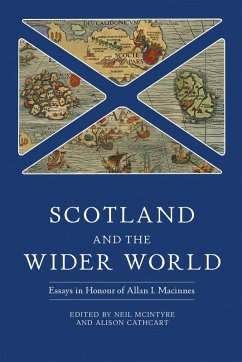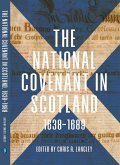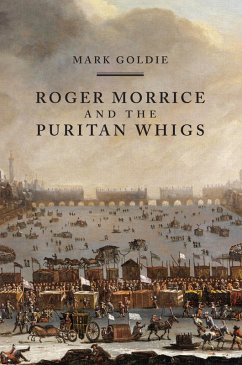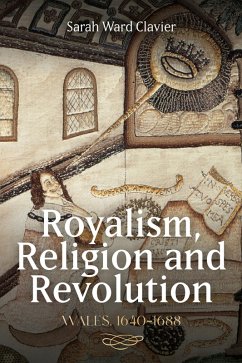Civil Religion - a tradition of political thought that has argued for a close connection between religion and the state - made an important contribution to the development of religious and political thought at key moments of early modern British political and colonial history. As this volume shows, it was at work not just during the Enlightenment, but within a much wider periodical framework: the Reformation, the rise of the Puritan movement, the conflict over the Stuart state and church, the English Revolution, and the formation of key American colonies in the eighteenth century. Advocates of Civil Religion tried to reconcile a national church with religious toleration and design a constitution capable of preventing the church from interfering with affairs of state.
The volume investigates the idea of Civil Religion in the works of canonical thinkers in the history of political thought (Machiavelli, Hobbes, Locke and Rousseau), in the works of those who have been recognized as shaping political ideas (Hooker, Prynne et al.) during this period, and in the advocacy of those perhaps not previously associated with Civil Religion (William Penn). Although Civil Religion was often posited as a pragmatic solution to constitutional and ecclesiological problems created by the Reformation and the English Revolution, they also reveal that such pragmatism was not at odds with religious conviction or ideals. Civil Religion certainly enhanced citizenship in this period, but it did so in ways which depended on the truth claims of Protestantism, not on their domestication to politics.
The volume investigates the idea of Civil Religion in the works of canonical thinkers in the history of political thought (Machiavelli, Hobbes, Locke and Rousseau), in the works of those who have been recognized as shaping political ideas (Hooker, Prynne et al.) during this period, and in the advocacy of those perhaps not previously associated with Civil Religion (William Penn). Although Civil Religion was often posited as a pragmatic solution to constitutional and ecclesiological problems created by the Reformation and the English Revolution, they also reveal that such pragmatism was not at odds with religious conviction or ideals. Civil Religion certainly enhanced citizenship in this period, but it did so in ways which depended on the truth claims of Protestantism, not on their domestication to politics.
Dieser Download kann aus rechtlichen Gründen nur mit Rechnungsadresse in A, D ausgeliefert werden.









